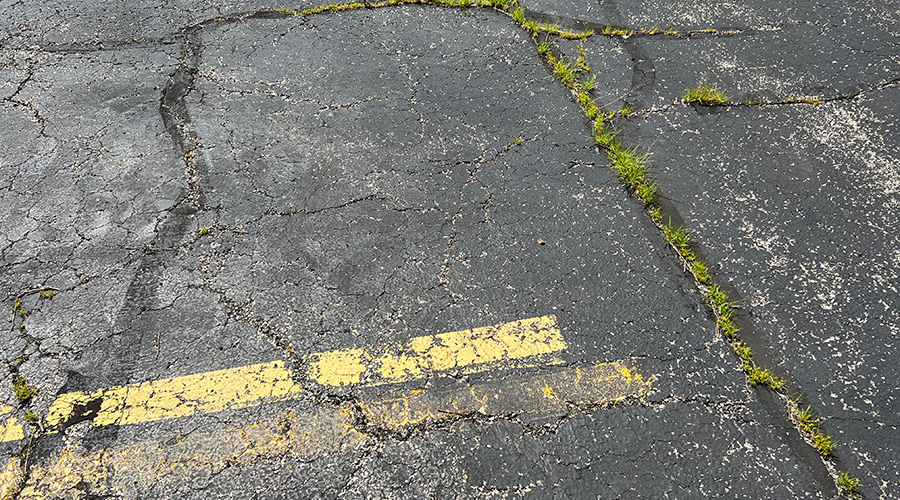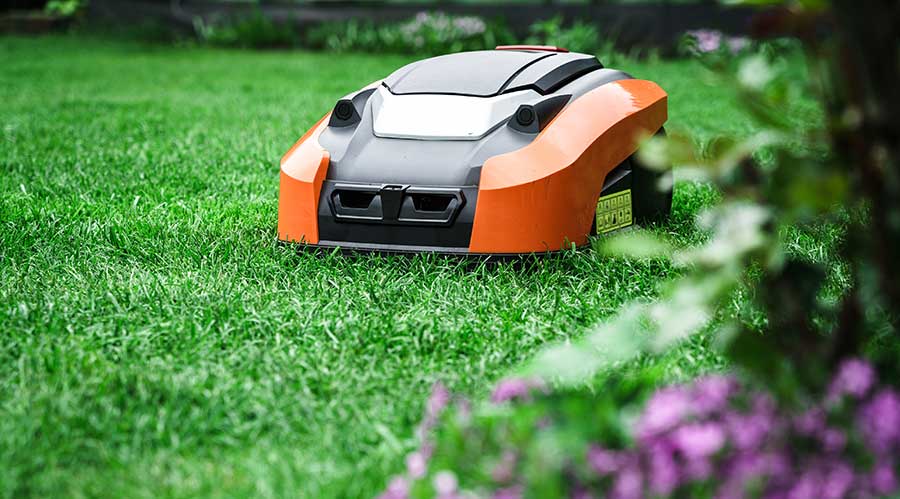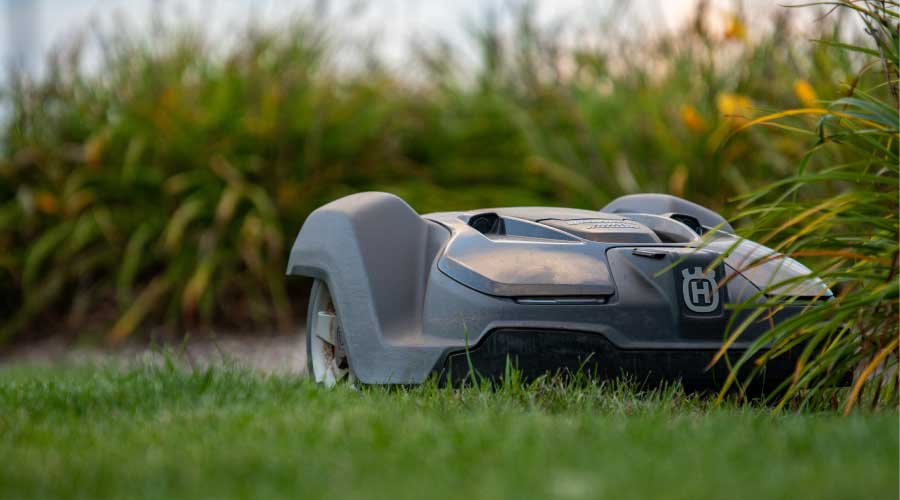Making Smart Choices for Mowers Boosts Grounds Care Efforts
Grounds managers regularly face a host of tough decisions in the course of their jobs with institutional and commercial facilities. But when the process involves big-ticket mowing equipment, managers need to thoroughly research the range of options and make a smart decision the first time. For departments to succeed and landscapes to look their best, managers cannot afford to make mistakes.
In many organizations, managers looking to purchase a mower need to submit a capital-requisition form for approval. On this form, they must detail why the purchase is necessary, the value of the purchase, and the benefits of this piece of equipment for the department's daily operations. Top executives need this information to be sure that the organization makes the best purchases for dollars expended.
Purchase decisions for mowing equipment typically center on three major points: defining the needs for and use of the mower, understanding the type of support after the sale that a supplier provides, and ensuring in-house staff can provide routine maintenance on the mowing equipment without special tools.
Assessing mowing needs
As with any purchase, grounds managers need to identify the specific tasks for which workers will use the product. In the case of mowing equipment, managers need to determine whether operators will use it only for mowing or if it will serve as a multi-task piece of equipment. Managers also need to consider these factors:
- How much discussion should be given to operator comfort and fatigue?
- Will the mower be used for snow removal, which requires four-wheel drive and a cab?
- How many acres per week must mower operators cut?
- What type of grass requires mowing, and what are the turf's height requirements?
- Will operators collect or recycle clippings?
- Is the terrain flat, rolling, or steep with banks and inclines?
- What is the integrity of the surface? How consistent are the surfaces? Do any undulations exist that might cause turf scalping?
- How important are these product specifications: power system, required horsepower (hp), fuel source, and fuel consumption per hour of operation?
The challenge for managers is to incorporate answers to these questions into a final purchase decision. For example, consider these answers: Crews need a mower only for cutting lawns in a campus setting. The operator will use the mower for seven hours per day. The cut demand is 10-15 acres per day. The mower needs to recycle clippings. The terrain has no inclines greater than 20 degrees. Sustainability is not a factor in this case.
Based only on this information, the choice might be a 60-inch, 28 hp, zero-turn mower that features mulching on demand and an upgraded seat for operator comfort.
Related Topics:














